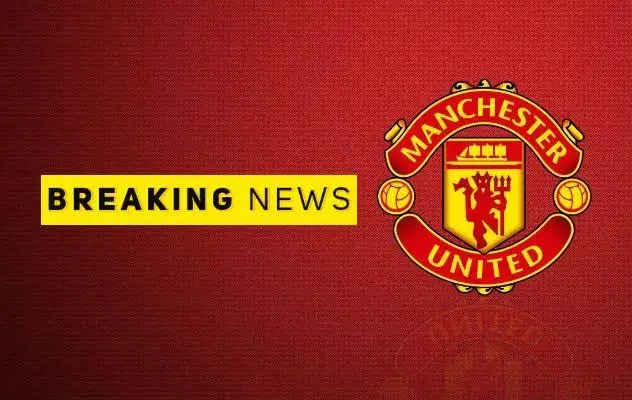“I don’t know why Amorim has not removed Dalot and replaced him with a player that has vital to his team last season. It’s obvious that Dalot is a weapon fashioned against Man United” – This is according to Paul Scholes as he criticizes Amorim for not replacing Dalot with a Manchester United player that’s “best” for that position.
All of Manchester United’s hopes had been pinned on the Europa League final in Bilbao, with the May showdown offering Ruben Amorim and his side a last opportunity to salvage something from what had been their worst-ever Premier League season.
Facing a similarly unpredictable Tottenham Hotspur, the two top-flight teams—given their turbulent domestic campaigns—delivered a sluggish and uninspiring final, which ended with United succumbing 1-0 to a scrappy Brennan Johnson goal.
That defeat appeared to be a pivotal point for Amorim and the INEOS hierarchy, sparking widespread concern about the financial and sporting consequences of missing out on European football.
Those worries were eased somewhat after the club spent nearly £250 million to bring in four new players over the summer. However, United’s poor start to the 2025/26 campaign seemed to further jeopardize Amorim’s position, with speculation about his future intensifying during the recent international breaks.
Fortunately for the Portuguese boss, a recent run of three wins and a draw has stabilized the team, setting up a much-anticipated clash with Thomas Frank’s revamped Spurs side this Saturday.
The Europa League final player ratings
As United prepare for the rematch almost six months on from that bitter defeat, questions remain about how to maximize the potential of this squad—particularly on the flanks.
### United’s wing-back dilemma
The recent 2-2 draw at Nottingham Forest encapsulated both the promise and the pitfalls of Amorim’s tactical setup. Deploying Amad Diallo as a right wing-back proved a mixed experiment—he was outmuscled by Morgan Gibbs-White for Forest’s equalizer but later struck a stunning goal to rescue a point and nearly snatched a late winner.
While many argue that the 23-year-old is better suited to a more attacking role, pairing him with Bryan Mbeumo on that side has provided a productive balance, as the strengths of using the left-footed winger there outweigh the drawbacks.
Dalot and Fernandes
On the opposite flank, Amorim has sought greater defensive balance by fielding Diogo Dalot over January recruit Patrick Dorgu. Yet, despite some bright moments—such as assisting Mbeumo against Sunderland—Dalot has struggled in the unfamiliar left-sided position and has drawn criticism for defensive lapses, including his costly error against Forest’s Nicolo Savona.
Dalot’s limited attacking contribution doesn’t help his case either. Across 219 appearances for United, the Portuguese full-back has managed just nine goals and 18 assists, as per Transfermarkt—barely ahead of Aaron Wan-Bissaka’s tally of two goals and 13 assists in 190 matches.
Although Dorgu is an alternative, his impact has also been minimal, with only two assists in 30 outings since joining from Lecce. With youngster Diego Leon still not fully integrated, Amorim might need to explore other solutions on the left.
Replacing Dalot against Spurs
A resurgent Luke Shaw could theoretically move from centre-back to left wing-back once Lisandro Martínez returns to full fitness, but such a reshuffle may risk destabilizing the backline prematurely.
That opens the door for Noussair Mazraoui, who could finally regain a starting spot after an injury-disrupted season. The Moroccan appeared briefly in a defensive role last match but possesses the technical ability to thrive further upfield, having even featured as a playmaker under Erik ten Hag.
Although naturally a right-back, Mazraoui’s versatility and intelligence make him a key figure Amorim cannot afford to bench. His debut season in England, following a £13 million move from Bayern Munich in 2024, was highly impressive—content creator Ronaldo Brown even dubbed him United’s “best player” last year.
Technically gifted, defensively sound, and consistently composed in possession, Mazraoui ranks among the elite in Europe—placing in the top 1% of full-backs for tackles per 90 and top 6% for passing accuracy, according to FBref.
While his ideal position is on the right, Amorim might experiment by placing him on the left to avoid breaking up the productive Amad–Mbeumo combination.
Much like Scott McTominay, Mazraoui is a player whose talent makes him difficult to leave out, even if his best position isn’t immediately clear. Amorim now faces the challenge of finding a consistent role for United’s number three—because he’s simply too good to be sitting on the bench.
